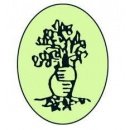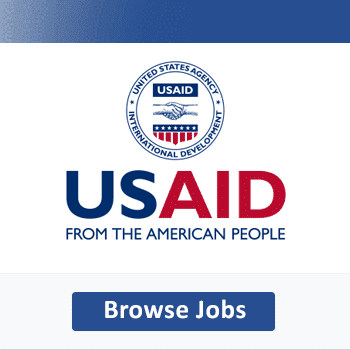Advocay training for women coalition
Advocacy and Campaigning Training - West bank
Background & Introduction:
The Palestinian Farmers’ Union (PFU) is a broadly recognized Palestinian farmers’ network, with active Governorate Farmers’ Associations (GFAs) members that represent farmers of all agricultural sectors and communities to defend their rights, interests, to achieve a more securing and enabling policy, business environment, and provides quality services to strengthen farmers’ skills to better produce, process and market their commodities, to better cope with shocks and changes.
In partnership with Oxfam, the Palestinian Farmers’ Union (PFU) is implementing a program funded by Directorate-General for Development Cooperation and Humanitarian Aid (DGD) titled “Women, youth and other SSPs increase benefits in the fresh vegetable value chain as change agents” with 3 partners: Palestinian Agricultural Relief Committee (PARC), Rural Women Development Society (RWDS) and Palestinian Farmers’ Union (PFU) to make the fresh vegetable value chain more inclusive, fair and sustainable.
CONTEXT
Most of Palestinian farmers are ignorant of their rights and obligations, and do not have the capacity to effectively influence policies, to better respond for their rights and needs. As rights holders, they should be able to defend their rights, and claim certain guaranties regarding their needs from the governments.
In line with PFU strategy pillar 2 “Effective lobbing and advocacy”, and to improve government performance in the agricultural sector, and to pressure them to adopt policies that are more responsive to farmers rights and needs, PFU established a multi-stakeholder coalition called Fresh Vegetable Women Coalition (FVWC).
Fresh Vegetable Women Coalition (FVWC).
FVWC was established through a series of workshops conducted in different district in the WB and GS. The objectives of the workshops were to discuss with farmers their rights and key policy issues affecting their rights, and what should be done to hold the government accountable, and pressure them to be more responsive to farmers' rights. In addition to discussing the importance of raising farmers' voices through organizing them into coalitions, and empowering them to effectively influence dialogue with decision-makers on key policy issues. At the end of the workshops, the participants were informed about the roles and responsibilities of the coalitions and their involvement in lobbying and advocating for their rights, in relation to the fresh vegetable value chain. The most active participants were selected to be members of the coalitions.
The FVWC consist of fresh vegetable production women farmers', cooperatives, and groups from different districts in the WB and GS.
The total FVWC members are 56 mostly women farmer members (52 women, 4 Men), (43 in the West Bank, 13 in Gaza).
PURPOSE OF THE TRANING
To Build the capacities of Fresh Vegetable Women Coalition members (FVWC) and empower them to effectively engage in decision making process in their communities, and be able to influence at district and national levels. In addition to contribute to lobbying and advocacy for farmers' rights and policies.
To select 15 members of the most active coalition members through the training, to form a steering committee, build their capacities, and empower them to be able to perform/ cascade training to other women farmers in their communities, in cooperation with RWDS, to effectively influence polices and engage with decision makers to make policies more responsive to their needs and rights.
To develop a 3 years action plan / road map that defines the FVWC structure, roles, responsibilities and activities, in relation to lobbying and advocacy for policies in the field of fresh vegetable value chain.
SCOPE OF WORK
The trainer is expected to conduct the following tasks:
- Conduct 3 days training courses divided into 2 phases as follow:
Phase 1:
- Design and conduct 2 training courses for the 45 The FVWC will be trained on the concept of advocacy, communication skills, social media, and skills necessary to build an effective advocacy campaigns for policies related to fresh vegetable value chain.
- Select 15 of the most active FVWC members and form a steering committee.
Phase 2:
- Design and conduct 1 ToT training courses for 15 FVWC steering committee members. The training will empower FVWC skills to be able to train their respective community members to effectively influence polices. The cascade training will be cooperated with RWDS.
- Develop an action plan/ road map to define the FVWC structure, roles, responsibilities, and activities, in relation to lobbying and advocacy for policies in the field of fresh vegetable value chain. The action plan will be subjected to an annual review.
- Submit a final report about the training including description of the training, topics of the training, evaluation of the trainees, and recommendations.
Please submit the proposal (separate technical & financial offer) and requested documents by through email to [email protected] no later than the 2 of April 2023.
For more details, kindly check the TOR.
For any questions, feel free to contact the Project Manager:
Adleen Karajah
0568135364




















